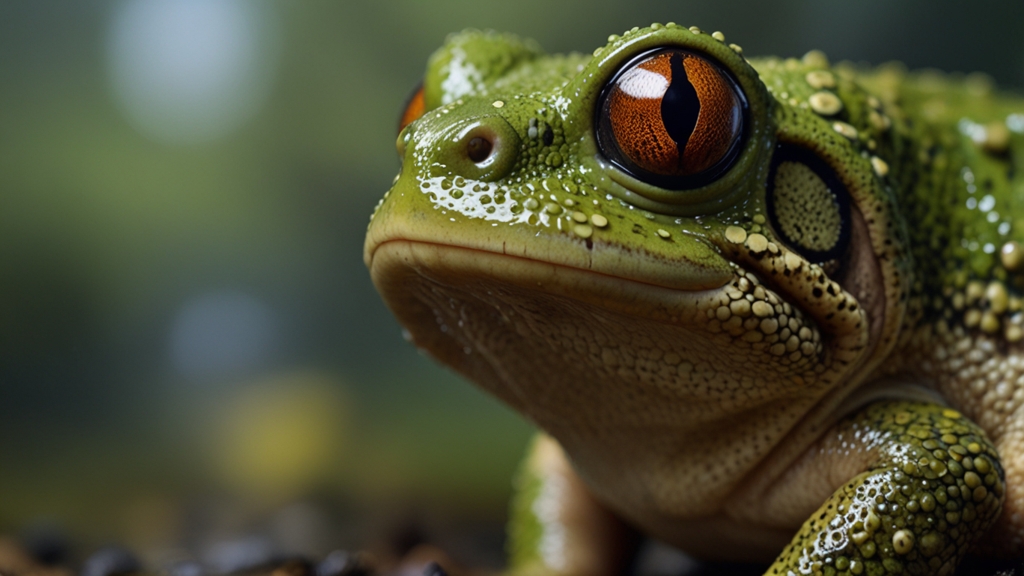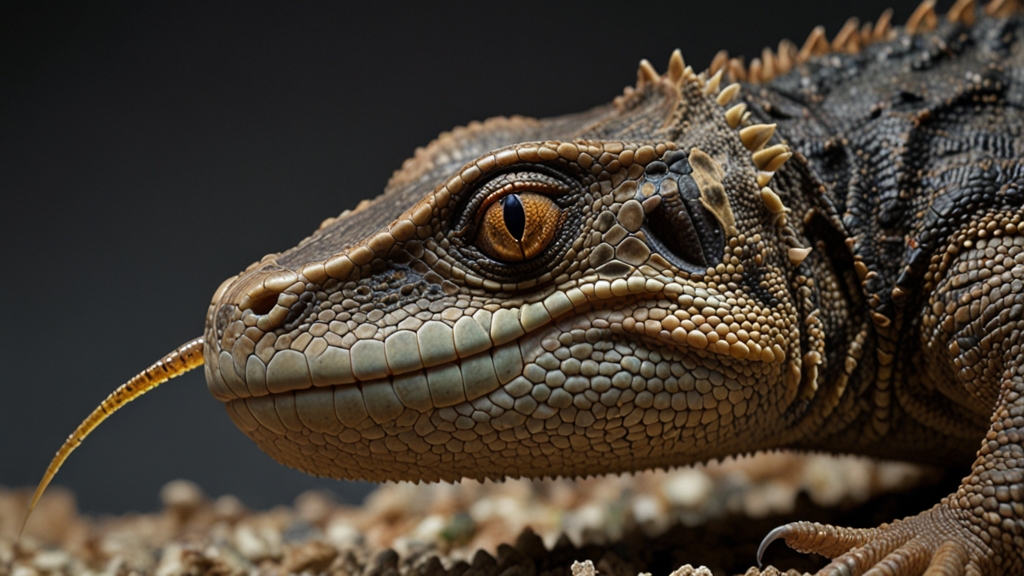The Unique Flora and Fauna of Greece's Diverse Ecosystems
Greece, a country renowned for its rich history and cultural heritage, is also a land of remarkable biodiversity. Its unique geographical location, coupled with varied landscapes ranging from mountains and forests to wetlands and coastal areas, has given rise to diverse ecosystems teeming with extraordinary flora and fauna. This article delves into the fascinating world of Greece's natural habitats and the species that call them home.
Mountain Ecosystems
The rugged mountain ranges of Greece, including the famous Pindus and Rhodope mountains, provide sanctuary to a myriad of species. The higher altitudes host unique flora, such as the Greek mountain tea (Sideritis spp.), renowned for its medicinal properties. These areas are also home to various endemic plants like the Alyssum and the Parnassian peony (Paeonia parnassica).
Mountainous regions are not just florally diverse but are rich in fauna too. The elusive Balkan lynx, a critically endangered species, prowls these heights, while majestic birds of prey, such as golden eagles and peregrine falcons, soar through the skies. The brown bear, Europe’s largest terrestrial carnivore, finds refuge in the dense forested areas of northern Greece.
Wetlands and Coastal Ecosystems
Greece's wetlands, including the famous Lake Kerkini and the Evros Delta, are biodiversity hotspots. These areas support an extraordinary range of bird species, making Greece a paradise for ornithologists. Iconic birds such as the Dalmatian pelican, the pygmy cormorant, and the greater flamingo are just a few of the avian species observed in these habitats.
"The Evros Delta is one of Europe's most significant wetlands, hosting over 300 bird species annually. It's a crucial stopover for migratory birds, providing a haven of rest and nourishment." - Ornithological Society of Greece
The wetland flora includes diverse aquatic plants and reed beds that support intricate ecosystems. In coastal regions, Mediterranean marine life thrives. The loggerhead sea turtle and the Mediterranean monk seal, both endangered, are emblematic of Greece's marine conservation efforts.
Forest Ecosystems
Forests, covering about 30% of Greece's land area, are vital ecosystems that harbor a wealth of biodiversity. The Greek forests are predominantly Mediterranean, featuring evergreen species like the Aleppo pine and the kermes oak.
Within these forests, a plethora of wildlife flourishes. The Eurasian wolf, wild boar, and red deer are a few mammalian inhabitants. The humid and shaded forest floors provide ideal conditions for various fungal species, including the highly sought-after truffle.
Island Ecosystems
The numerous islands that dot the Aegean and Ionian seas possess their unique ecological niches. The flora of Greek islands includes aromatic herbs such as thyme, oregano, and sage, which are integral to both the ecosystem and the culinary traditions of the region.
Island fauna is equally captivating. The Aegean wall lizard and the Milos viper are endemics found nowhere else in the world. The islands are also crucial for birdlife, serving as breeding grounds for species like the Eleonora's falcon, named after a Sardinian judge who advocated for the bird's protection in the 14th century.
"Greece's islands are microcosms of biodiversity, where human history and nature intertwine beautifully. Each island offers a unique glimpse into the resilience and adaptability of life." - Biogeography Journal
Challenges and Conservation Efforts
The rich biodiversity of Greece faces various threats, including habitat loss, pollution, and climate change. Nevertheless, significant conservation efforts are underway. National parks, such as the Olympus National Park and the Dadia Forest Reserve, play a crucial role in protecting these natural treasures.
Efforts by various NGOs and governmental organizations focus on habitat restoration, species monitoring, and public awareness campaigns. Greece's commitment to the Natura 2000 network further ensures the protection of critical habitats and species.
"Conserving Greece's biodiversity is not just about protection but also about sustainable coexistence. Engaging local communities in conservation efforts is key to the long-term success of preserving these ecosystems." - Conservation Biology Institute
In conclusion, Greece's diverse ecosystems, ranging from towering mountains to serene wetlands and vibrant coastal and island habitats, are home to an astonishing array of flora and fauna. These natural treasures not only enhance the country's ecological wealth but also contribute to its cultural heritage and natural beauty. As conservation efforts continue to grow, the unique flora and fauna of Greece hold the promise of enduring for generations to come.









